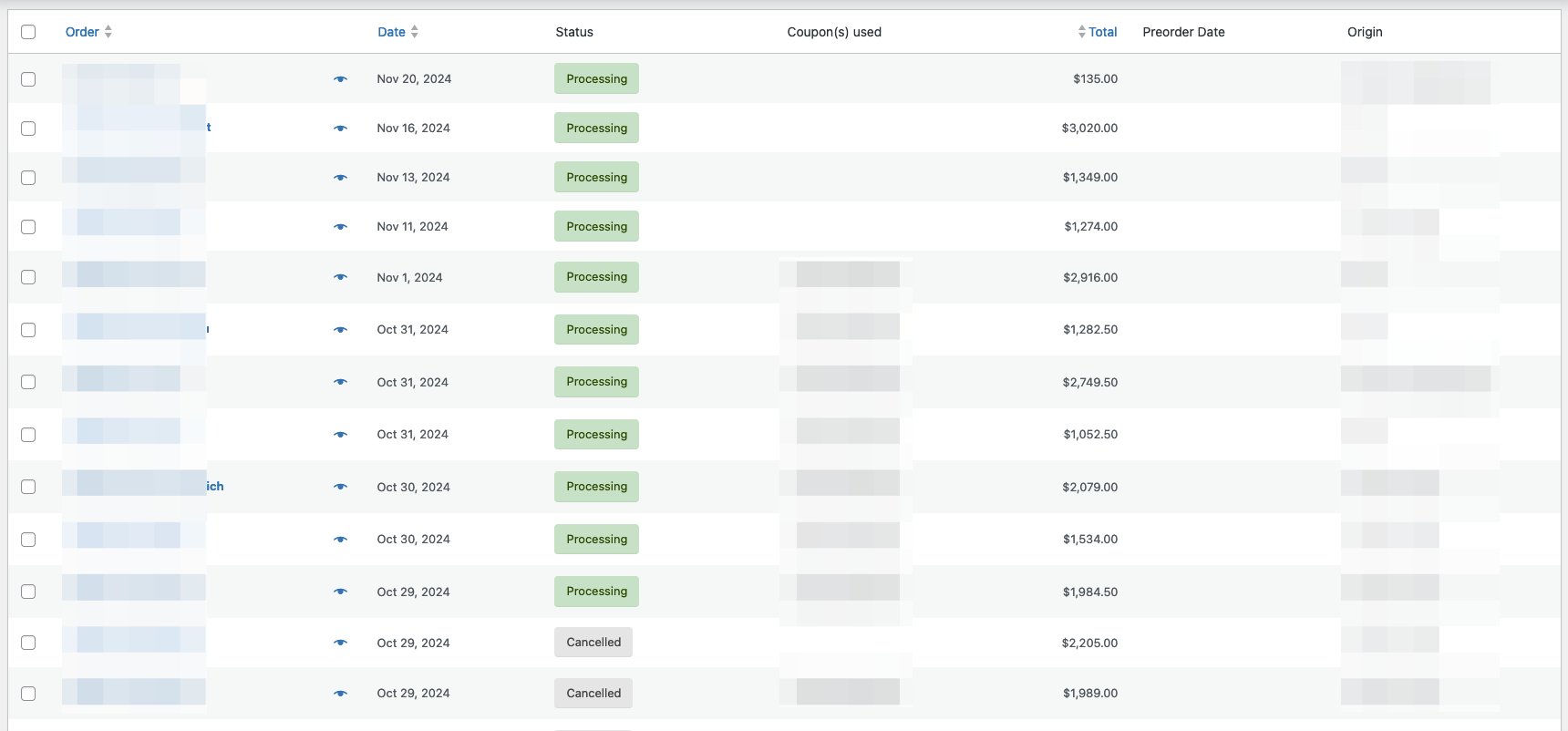
Onar Alili
Engineer
4 minutes to read
Card Testing Attacks: A New Threat Vector Through WooCommerce Block-based Checkout
Recent incidents have highlighted a concerning trend in e-commerce security: card testing attacks specifically targeting WooCommerce stores using the Block-based Checkout feature. While this modern checkout experience offers enhanced flexibility and user experience, it has inadvertently opened up new vulnerabilities that attackers are actively exploiting.

The Root of the Problem: Block-based Checkout and Store API
If you’re wondering why your WooCommerce store is suddenly vulnerable to card testing attacks despite having security measures in place, the answer lies in a recent technological shift. WooCommerce’s new Block-based Checkout system, powered by the Store API, has introduced an unexpected security challenge that attackers are actively exploiting.
While this modern checkout system brings improved flexibility and user experience, it operates fundamentally differently from the classic checkout. The critical issue is that most security plugins were designed to work with the classic checkout’s hook system, but the Store API uses an entirely different set of hooks. This architectural difference has created a significant blind spot in standard security setups.
We’re seeing this pattern repeatedly: store owners who have invested in multiple security tools are still finding themselves vulnerable to these attacks. The reason is clear - attackers have identified that the Store API effectively bypasses traditional security measures, making stores using Block-based Checkout particularly attractive targets. It’s not that the existing security tools aren’t working; they’re simply not equipped to monitor and protect this new pathway.
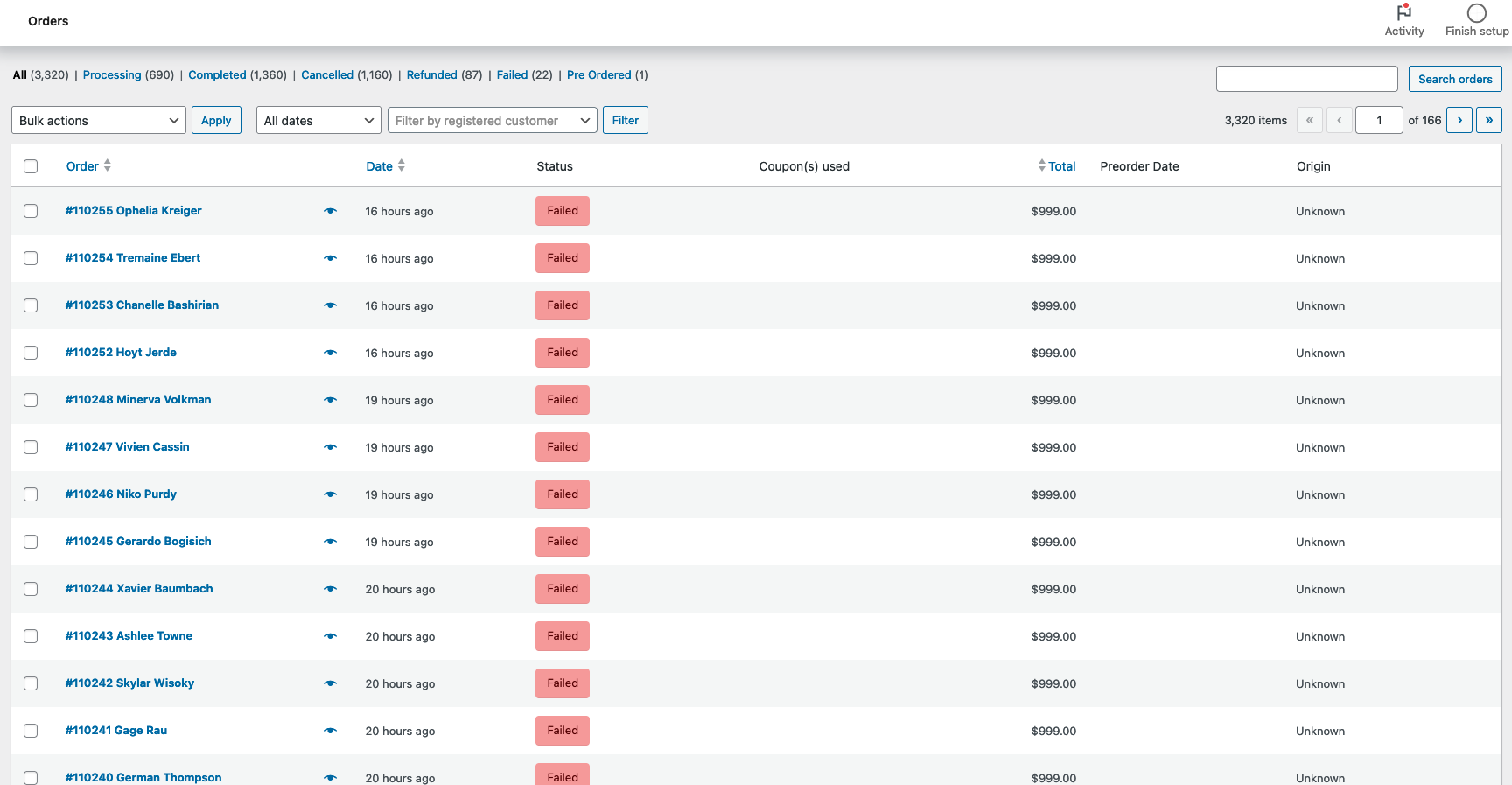
The Impact on Merchants
The consequences of these attacks are particularly severe for online merchants:
- Payment Processing Disruption: Payment processors may begin blocking legitimate transactions due to the high number of declined payments, potentially crippling your ability to process valid sales.
- Email Reputation Damage: The flood of failed order notifications can lead to email delivery services flagging and potentially blacklisting your domain due to excessive bounce rates.
Identifying the Attack Pattern
One consistent marker of these failed orders is the “Unknown” origin attribute in the Orders list. This characteristic provides a valuable indicator for identifying and filtering potentially malicious orders.
Implementing Protective Measures
To protect your WooCommerce store from card testing attacks, consider implementing these security measures:
Primary Defense
Install the OOPSpam plugin and enable both the Spam Protection for Woo and the “Block orders from unknown origin” features. This targets the specific pattern these attacks follow and can significantly reduce successful attack attempts. You can also use “Require valid device type” setting too.
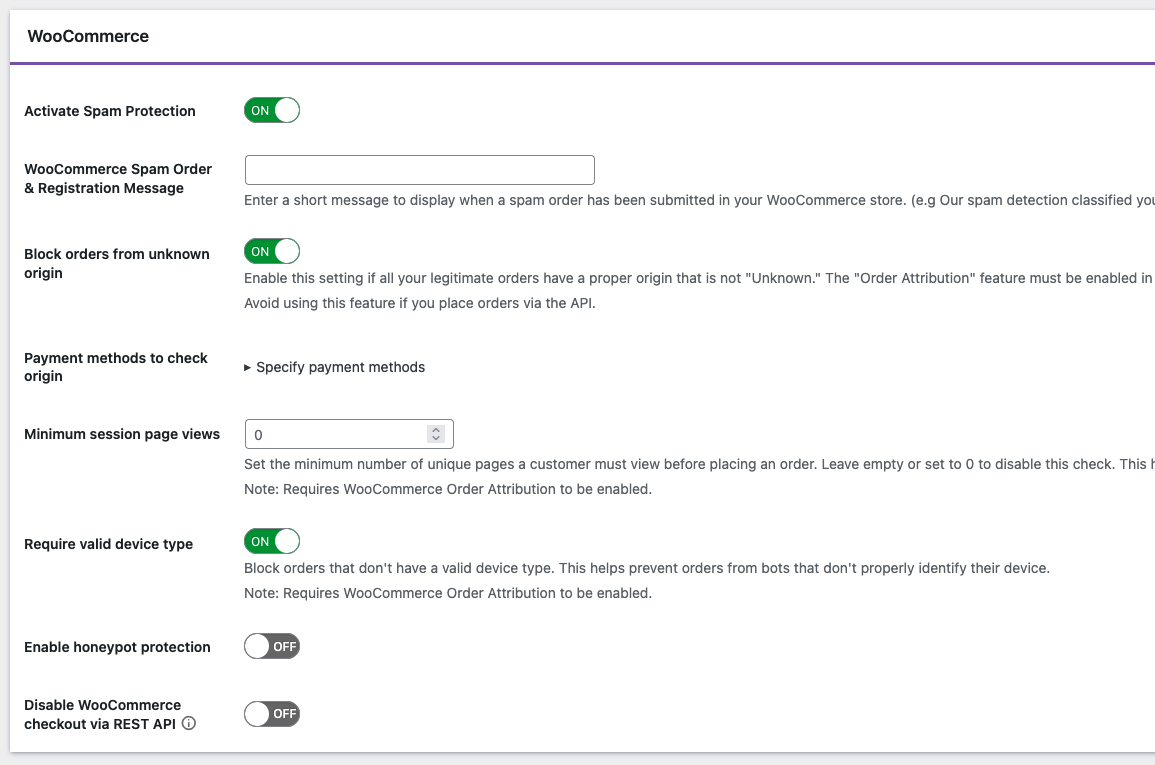
Blocked entries will be listed under the Form Spam Entries.

Additional Security Layers
-
Geographic Restrictions: Implement country-based blocking for regions where you don’t conduct business. You can either use Cloudflare to block countries on the DNS-Level or the OOPSpam WordPress plugin.
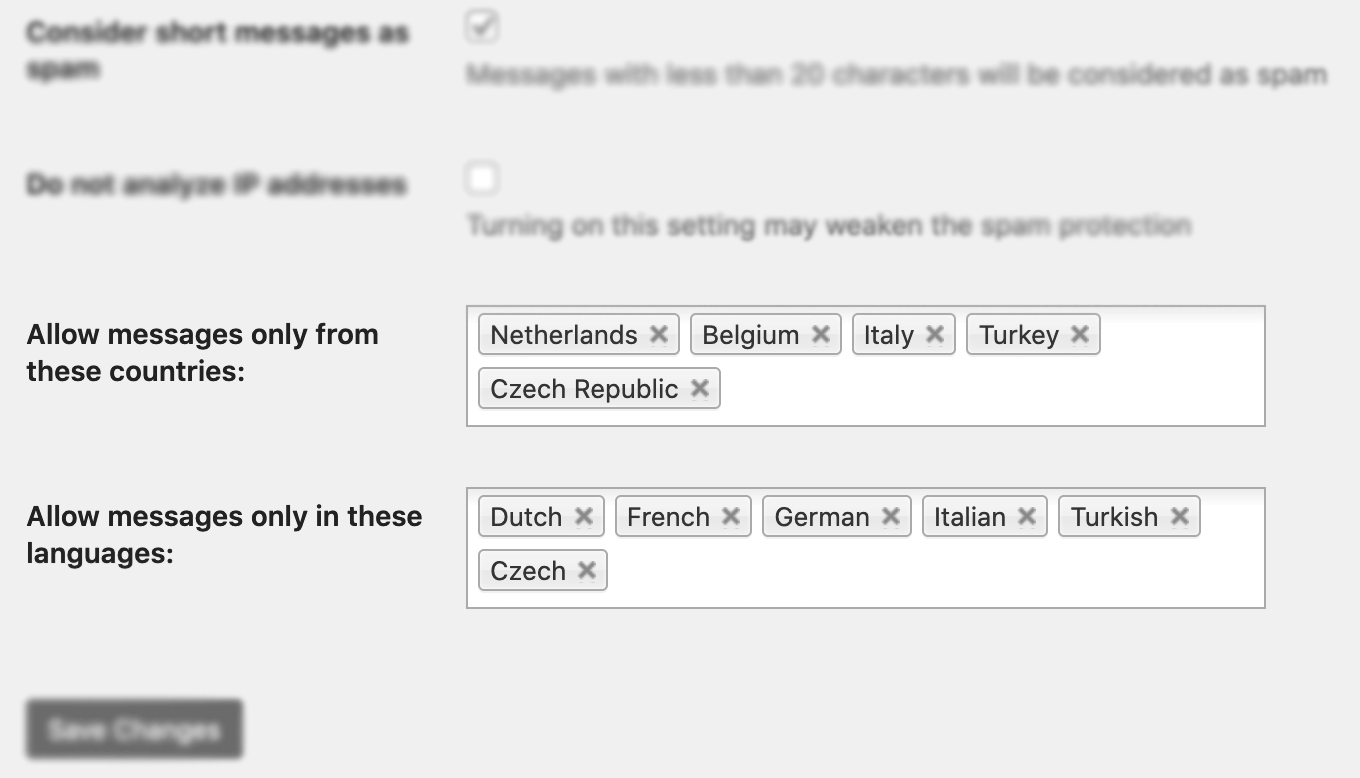
-
CAPTCHA Integration: Add a Turnstile widget to your checkout page for additional verification. You can use the Simple Cloudflare Turnstile plugin for this.

-
Rate Limiting: Enable rate limiting through the OOPSpam plugin to restrict the number of checkout attempts from the same IP address, effectively preventing rapid-fire card testing attempts
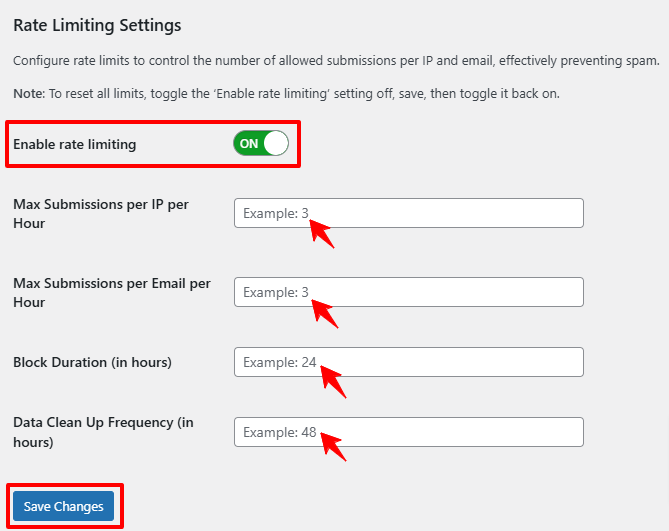
Moving Forward
For store owners using Block-based Checkout, it’s crucial to understand that traditional security solutions may need to be supplemented with specific measures targeting the Store API endpoints. Regular monitoring of order patterns and implementing the suggested security measures can help protect your store from these sophisticated attacks. To wrap things up on a positive note, here’s a store with no failed orders—definitely a good mood moment!
